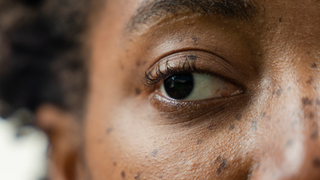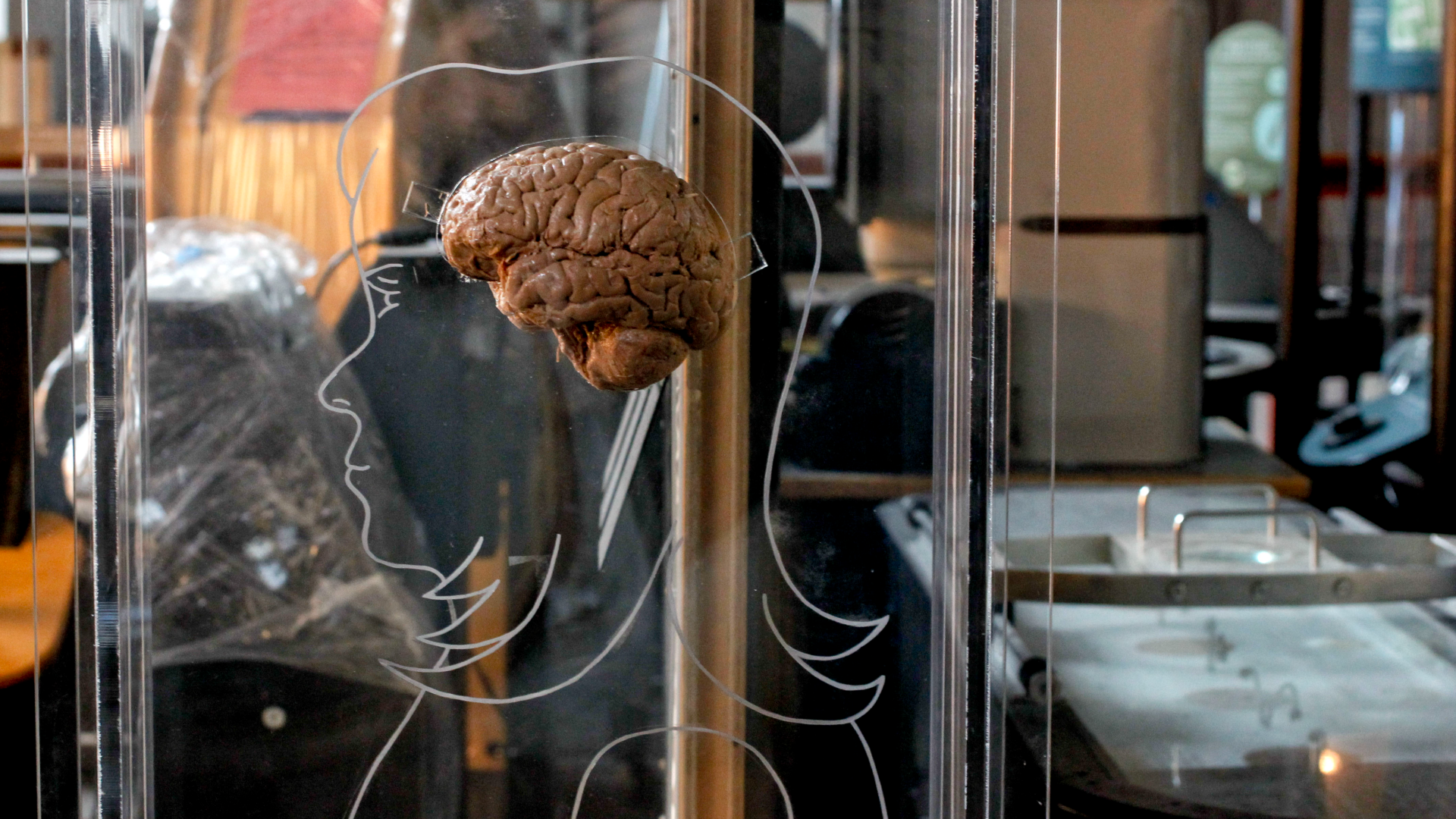Neuroscience
Latest about Neuroscience
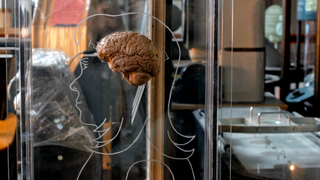
The 'sweet spot' of overconfidence — project a bit to be perceived as competent, but don't be 'too seduced,' a cognitive neuroscientist explains in a Q&A
By Tim Vernimmen, Knowable Magazine published
Q&A with cognitive neuroscientist Steve Fleming: What the science of self-awareness can tell us about confident decision-making
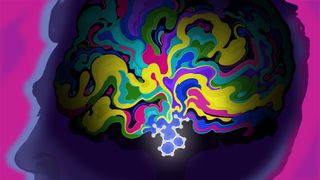
Psychedelics may rewire the brain to treat PTSD. Scientists are finally beginning to understand how.
By Jane Palmer published
New research shows MDMA and psilocybin may restore neural flexibility in people with PTSD, thereby helping the brain unlearn fear and relearn safety.
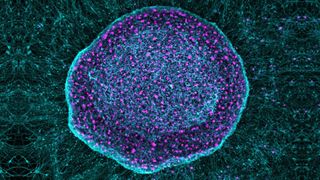
'Pain sponge' derived from stem cells could soak up pain signals before they reach the brain
By Payal Dhar published
Scientists are developing a "sponge" that can soak up pain signals in the body before they reach the brain, potentially offering an alternative to painkillers.
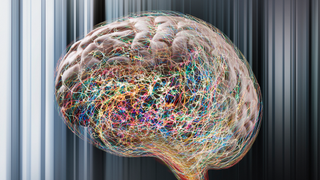
'Zombie' cells may drive common form of epilepsy
By RJ Mackenzie published
Scientists are unraveling the role of senescent cells in a common form of epilepsy, and it could point to new treatments.

A man's sudden seizures were set off by sudoku
By Sophie Berdugo published
In the weeks following a ski accident, a German man experienced seizures when he completed sudoku puzzles.
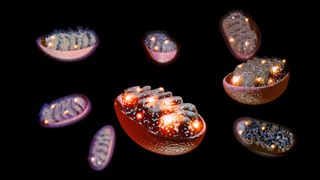
'Mitochondrial transfer' into nerves could relieve chronic pain, early study hints
By Nicoletta Lanese published
A new study reveals that nerve cells receive periodic infusions of mitochondria from neighboring cells — and this may point to a new way of treating nerve pain.
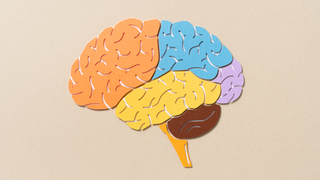
Neuroscience word search — Find all the parts of the brain
By Nicoletta Lanese published
How well do you know that organ between your ears? Test your recognition of neuroscience terms with this word search.
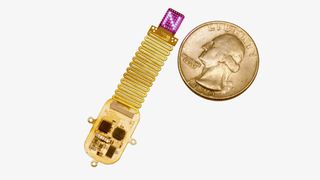
Tiny implant 'speaks' to the brain with LED light
By Payal Dhar published
By directly communicating with the brain, a new wireless device could someday help restore lost senses or manage pain without medications, its developers say.
Get the world’s most fascinating discoveries delivered straight to your inbox.
 Live Science Plus
Live Science Plus











